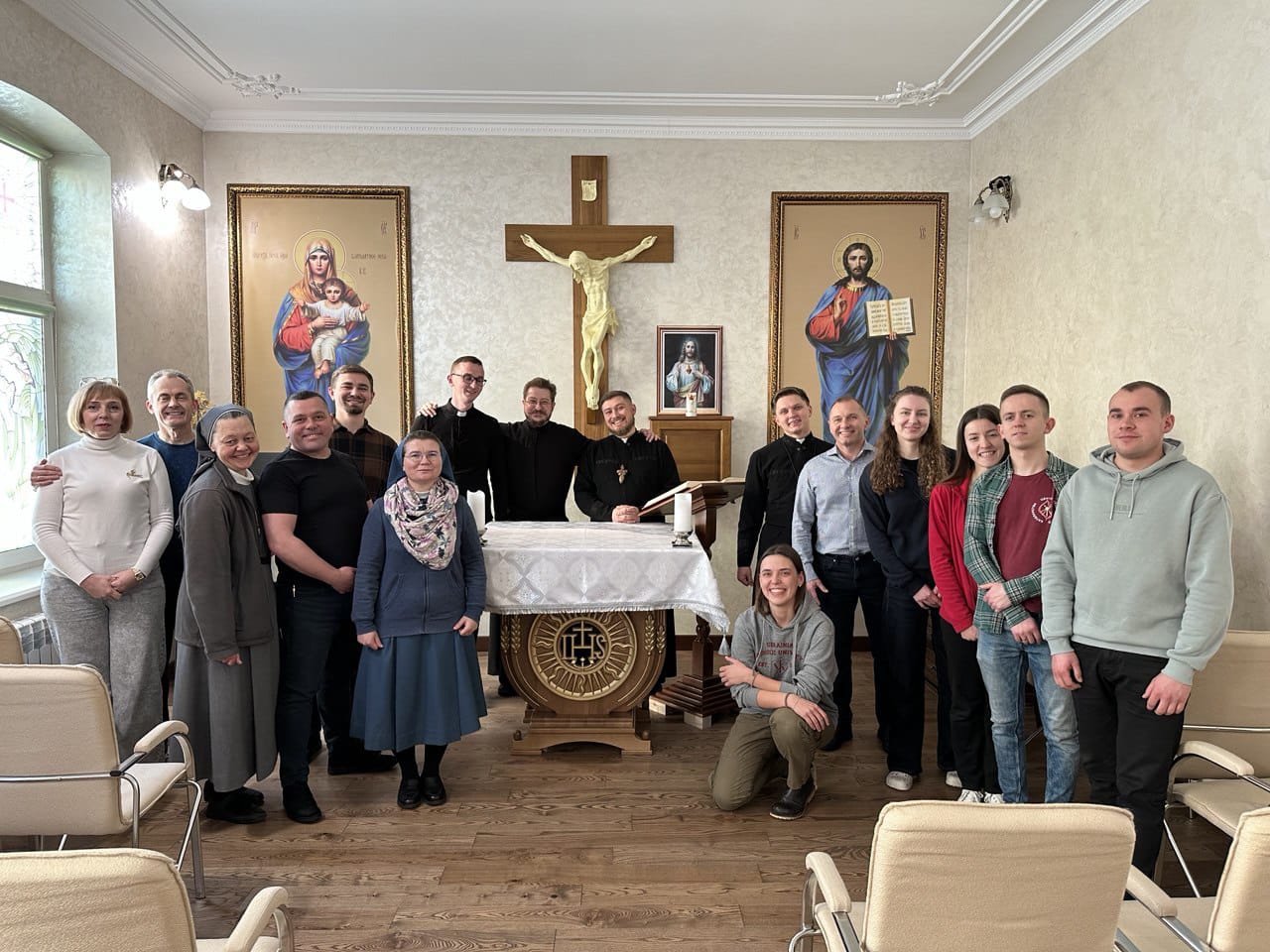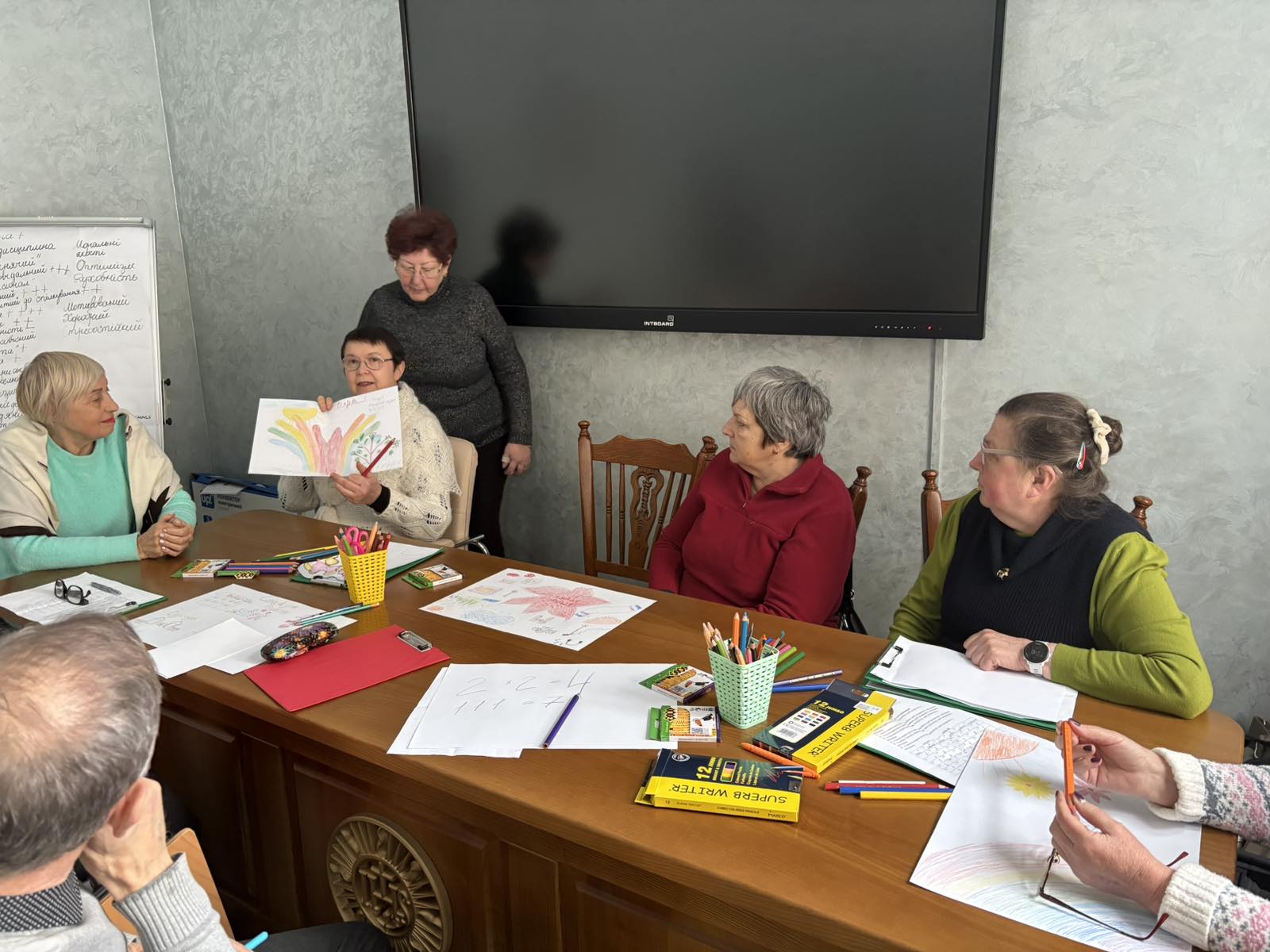Standards of Safe Relations between the Staff of the “Space of Hope” Center and Participants of Events Organized by the Center
- The fundamental principle of all activities conducted by the staff of “Space of Hope” is to act for the benefit and in the best interest of the project’s or the Center’s beneficiaries. Staff members must treat beneficiaries with respect, considering their dignity and needs. Any form of violence toward beneficiaries is strictly prohibited.
- The principles of safe relations between staff and participants apply to all employees, interns, volunteers, and partners cooperating with the Center.
- Familiarization with and acceptance of these principles must be confirmed by signing a declaration, a template of which is attached to these Standards.
- A staff member is obliged to maintain a professional relationship with beneficiaries and always assess whether their reaction, statement, or action is appropriate, safe, justified, and fair to other beneficiaries.
- When interacting with a beneficiary participating in retreats, individual or group therapy, or any other activity provided by the Center, a staff member is obliged to:
a. remain patient and respectful toward the beneficiary;
b. listen attentively and respond according to the beneficiary’s situation and age;
c. avoid putting the beneficiary in an uncomfortable situation, humiliating, or insulting them;
d. avoid shouting, unless required by a dangerous situation (e.g., a warning);
e. avoid favoritism;
f. not disclose confidential information to third parties. Photos/videos are allowed only with the beneficiary’s written consent or, in the case of a minor, with the written consent of their legal guardian. - Staff members must not use inappropriate jokes, vulgar language, offensive gestures, or sexually suggestive remarks in the presence of beneficiaries.
- Staff members are prohibited from using physical force or threats against beneficiaries.
- Staff members are obliged to treat all beneficiaries equally, regardless of gender, sexual orientation, religion, ethnicity, or disability.
- Staff members must maintain confidentiality regarding any information obtained in the course of their work that relates to beneficiaries’ health, development, education, psychological state, sexual orientation, race or ethnicity, political views, religious beliefs, or worldview.
- Staff members are prohibited from accepting gifts from beneficiaries or their guardians, entering into dependent relationships with them, or behaving in ways that may suggest such dependence, which could lead to accusations of favoritism or financial/personal gain (with the exception of small, occasional holiday gifts).
- A staff member is strictly prohibited (under penalty, including dismissal and imprisonment) from:
a. engaging in sexual relations with a beneficiary;
b. making sexual or pornographic proposals, including providing related materials;
c. offering alcohol, tobacco, drugs, or “legal highs” to a beneficiary. - A staff member must ensure that the beneficiary receives appropriate assistance if they feel uncomfortable.
- If a staff member notices behavior or a situation of concern, they must follow the prescribed procedures, and in delicate cases involving suspected breaches of these standards, they must report to management.
- Aggressive behavior toward beneficiaries is unacceptable:
a. pushing, hitting, or any form of physical assault is prohibited;
b. staff must not touch beneficiaries in a way that could be interpreted as harassment or seduction;
c. any physical contact must never be hidden, transactional, or based on a power imbalance;
d. jokes such as tickling, play-fighting, or violent games are prohibited;
e. if a staff member knows a beneficiary has suffered harm (e.g., physical violence, sexual exploitation), they must be especially cautious, sensitive, and understanding in their interactions. - Intervention procedure in cases of suspected abuse of a beneficiary by third parties connected to the Center (staff, volunteers, partner organizations/companies):
a. If a staff member suspects that a minor or vulnerable beneficiary is subjected to abuse, sexual violence, or life-threatening danger, they must:
– provide the beneficiary with a safe space;
– separate them from the potential abuser;
– report to the Director, who will contact law enforcement.
b. In reporting, the staff member must provide their own details, the beneficiary’s details, the suspected perpetrator’s details, and a factual description of the situation.
c. If a staff member suspects that a beneficiary has suffered physical or psychological violence (e.g., pushing, slapping, humiliation, mockery), they must ensure the beneficiary’s safety, separate them from the aggressor, and inform management.
d. If a staff member notices concerning behavior (e.g., shouting, inappropriate comments), they must ensure the beneficiary’s safety, separate them from the suspect, and inform management for disciplinary measures or termination of cooperation.
16. Intervention procedure when a minor beneficiary is suspected of violence against another minor:
a. If a staff member suspects violence causing harm, sexual violence, or life-threatening danger, they must ensure the potential victim’s safety and separate them from the threat.
b. The staff member then informs management. If this is not possible, they must talk directly with the guardians of both minors and, if necessary, notify the police.
c. If a minor beneficiary suffers physical or psychological violence from another minor, the staff member must ensure safety, separate the parties, inform management, and facilitate dialogue with guardians. If the situation persists, the case must be referred to the local family court.
d. If a guardian proves ineffective in care, the staff member must ensure the beneficiary’s safety within the Center.
17. Protection of personal data:
a. Staff must keep beneficiaries’ personal data confidential and safeguard it against unauthorized access.
b. Personal data may only be disclosed to authorized persons or organizations as permitted by law.
c. Staff may process personal data only within the scope of their professional duties, including as members of interdisciplinary teams.
18. Staff members are prohibited from:
a. disclosing information about a minor beneficiary or their guardian to third parties, including the media;
b. contacting media representatives without prior consent from the guardian.
In exceptional cases, staff may contact a guardian to obtain consent to share contact details with journalists. In such cases, only the guardian’s details may be given. Staff members may not comment on the situation, even informally.
19. Staff must not allow third parties, including media, to take photos or videos inside the Center without the guardian’s written consent.
20. Protection against sexual exploitation of persons under 15:
a. Crimes include rape, sexual acts, showing pornography, performing sexual acts, promoting pornography, contacting minors online for sexual exploitation, proposing sexual acts, or involving minors in pornography production.
b. Sexual relations through deceit, threats, blackmail, or abuse of power/status are prohibited, including with beneficiaries over 18.
c. Sexual relations with persons with intellectual, psychological, or physical disabilities, or with other vulnerable beneficiaries (including adults), are criminally punishable.
d. Sexual exploitation of a person due to dependence or vulnerability is a crime, regardless of age.
e. Any staff member who learns of or suspects such actions must report to the Director, who must act in accordance with the law.
f. If the suspicion involves clergy or religious persons, competent church authorities and the Provincial of the Southern Polish Province of the Jesuits must also be informed.
g. For clergy, canon law provisions also apply.
h. Any clergy member who learns of or suspects such actions must inform competent church authorities (except in cases of sacramental confidentiality).
21. These Standards, once implemented, form an integral part of the organizational culture. Every employee, associate, and volunteer must sign a statement confirming awareness of them.
22. These Standards are applied together with the norms outlined in the document “Protection of Minors in Pastoral Work and in Matters Managed by Jesuits” (October 1, 2023).
Chernivtsi, 01.01.2025


